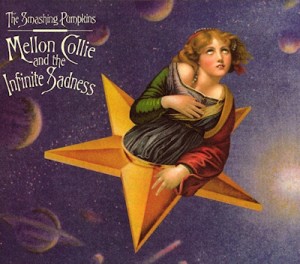The concept of people owning land is pretty weird to me. Not like the land where your house is built or something, but an entire forest, for example. It’s just kind of a shame that society developed into a system where literally everything is a commodity, from animals to trees. I completely understand the need to buy land for conservation, but it’s pretty depressing that this is necessary. If all land was free and open to the public then there would definitely be people destroying it for their own selfish purposes. Which sucks! I honestly can’t comprehend how some people can be so selfish as to destroy beautiful nature. 🙁 If some people weren’t so dumb then we could definitely have a system in which all of nature could be free for everyone to enjoy. People need to stop looking at a tract of land and imagining how they could build a supermarket on it; instead, they should look outside of their own selfish bubble and truly appreciate the beauty of nature and the creatures that live in it.
Andy Zepp’s presentation was very engaging and I really admire the work that the Finger Lakes Land Trust is doing to preserve beautiful Ithaca. This location was a pretty big reason why I chose to go to Cornell. However, I just wish the FLLT wasn’t necessary. It’s slightly depressing to see nature being bought and sold like a car or a house. But unfortunately, you can’t change the human race’s selfish nature!

